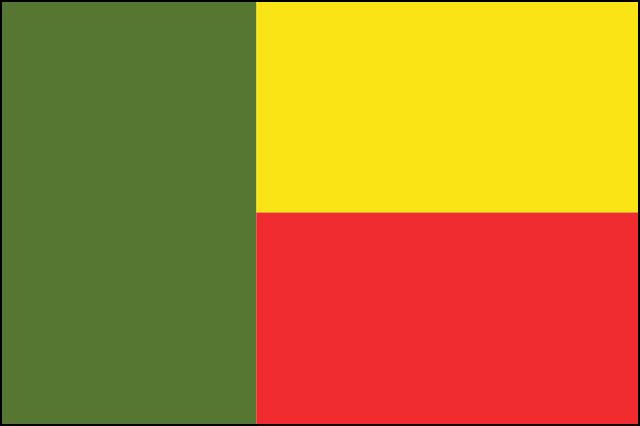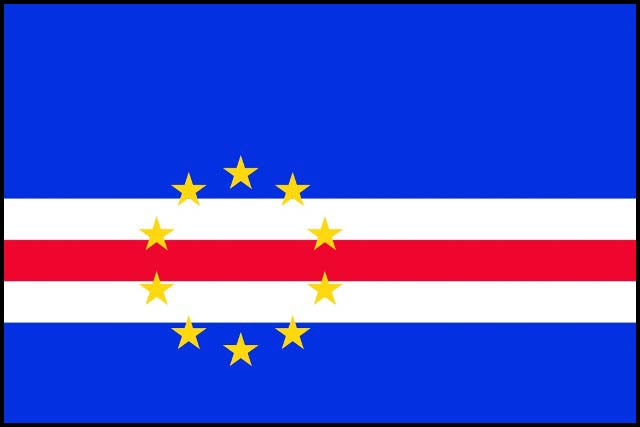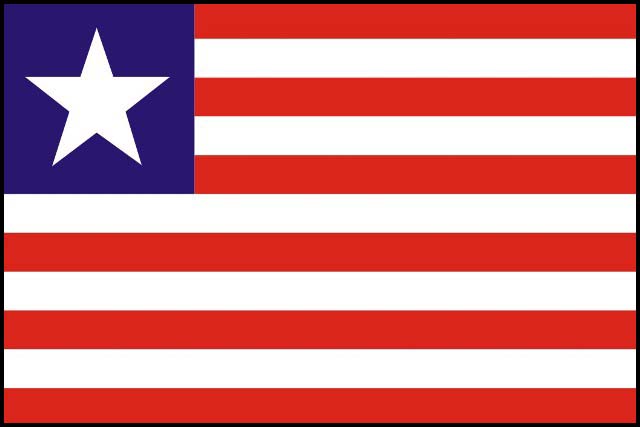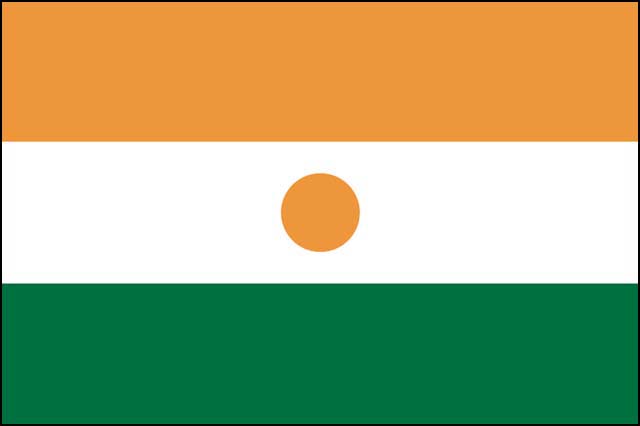ECOWAS Concludes Comprehensive Technical Workshop to Revamp the ECOWAS Agriculture Information System (ECOAGRIS) in Lagos, Nigeria
By Gabriel / 1 year, 2 months agoThe Economic Community of West African States (ECOWAS) hosted a five-day technical workshop on “Regional Diagnostic Workshop for the Reactivation of the ECOWAS Integrated Regional Agricultural Information System (ECOAGRIS) and its Integration into the ECOWAP Monitoring and Evaluation Web Platform” in Lagos, Nigeria from the 4th to the 8th of November 2024.
Since 2019, the ECOAGRIS system; a vital data centre for West Africa has remained dormant, limiting the timely flow of agricultural data necessary for well-informed decision-making. To tackle this, ECOWAS, through the Directorate of Agriculture and Rural Development (DADR), in collaboration with the Directorate of Research and Statistics, invited representatives from all 15 ECOWAS nations and stakeholders.
Mrs Fatmata L. SEIWOH, Programme Officer of ECOWAP/CAADP Monitoring and Evaluation during her opening remarks on behalf of the honourable Commissioner, Massandjé Touré-Litsé, and Director of Agriculture and Rural Development, Mr Alain Sy Traore thanked and welcomed the member State representatives for their efforts to ensure the revamping of ECOAGRIS. She mentioned that this initiative is a joint effort by the Directorate of Agriculture and Rural Development and the Directorate of Research and Statistics with funding from the World Bank’s HISWA project to strengthen regional agricultural statistics. Mrs. Seiwoh encouraged everyone to work diligently during the five-day workshop to develop a key action plan that would enhance the revamping of the platform to ease data management for the agriculture sector in West Africa.
Mrs. Mustapha Yahuza Maimunat speaking on behalf of the Director of Planning and Policy Coordination Department, Ministry of Agriculture and Rural Development, Nigeria, Mr. Ibrahim Tanimu, warmly welcomed participants to Nigeria for the ECOAGRIS technical workshop, emphasizing Nigeria’s honour in hosting this key initiative to enhance the ECOWAS Agricultural Regional Information System. He commended the Directorate of Agriculture and Rural Development for their commitment to this initiative, highlighting ECOAGRIS as an essential tool for providing reliable agricultural data that supports effective policy development and concrete decision-making.
Throughout the workshop, participants conducted a thorough review of ECOAGRIS, evaluating current gaps and identifying necessary upgrades to improve data collection, processing, and management. Stakeholders engaged in group discussions and presented country-specific perspectives on enhancing the system’s functionality. The workshop culminated in a validated roadmap for the ECOAGRIS reactivation, ensuring it will serve as a reliable resource for policymakers and stakeholders across the region.
The action plan outlines key recommendations and activities for infrastructure, equipment, and financial mobilization, aiming to support data collection and resource management within ECOWAS. It details deadlines, and expected outcomes, and assigns responsibilities to ECOWAS and its partners, with a primary target of completion in late 2024.
Mrs. Mustapha from the Ministry of Agriculture and Rural Development, Nigeria expressed gratitude to everyone for their active participation and contributions in the workshop, particularly to the Directorate of Agriculture and Rural Development and Directorate of Research and Statistics, ECOWAS Commission and the World Bank. She urged participants to continue implementing strategies and fostering collaboration as they return to their countries.
Mrs. Seiwoh extended her appreciation to all the Member State representatives for their active participation, commitment, and insightful contributions over the past five days. She also reiterated ECOWAS unwavering commitment to supporting the Member States in utilizing the tool to achieve up-to-date agricultural data, supporting the ECOWAP agricultural policy framework and contributing to sustainable growth and food security efforts in West Africa.















